Why Choose a Small Dog Breed?
Small dogs offer unique advantages that make them perfect companions for many different lifestyles and living situations.
Perfect for Apartments
Small dogs are ideal for apartment living, condos, and smaller homes. They don't require large yards and adapt well to urban environments, making them perfect for city dwellers and those with limited space.
Easy to Manage
Small dogs require less food, smaller crates, and are easier to transport. They're perfect for traveling, fit comfortably in most vehicles, and are easier to handle, especially for seniors and those with limited mobility.
Longer Lifespan
Many small dog breeds have longer lifespans compared to larger breeds, often living 12-16 years or more. This means more years of companionship and typically lower lifetime veterinary costs.
Best Small Dog Breeds
Our top-rated small dog breeds based on popularity, temperament, trainability, and overall health. These breeds consistently rank as the best choices for small dog lovers.

French Bulldog
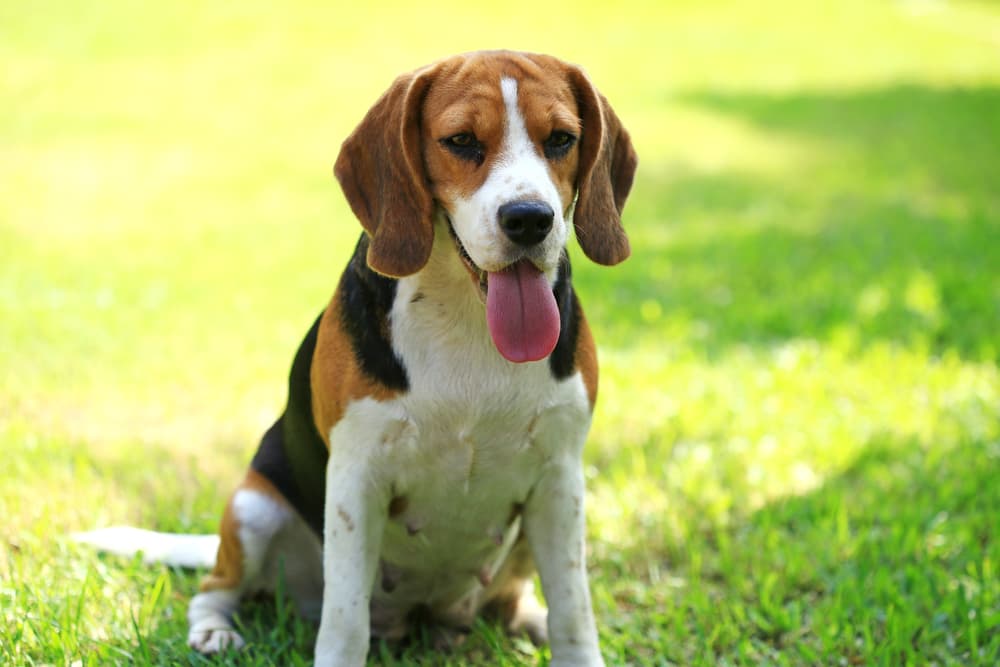
Beagle

Chihuahua

Yorkshire Terrier

Pomeranian

Maltese

Shih Tzu

Papillon

Cavalier King Charles Spaniel
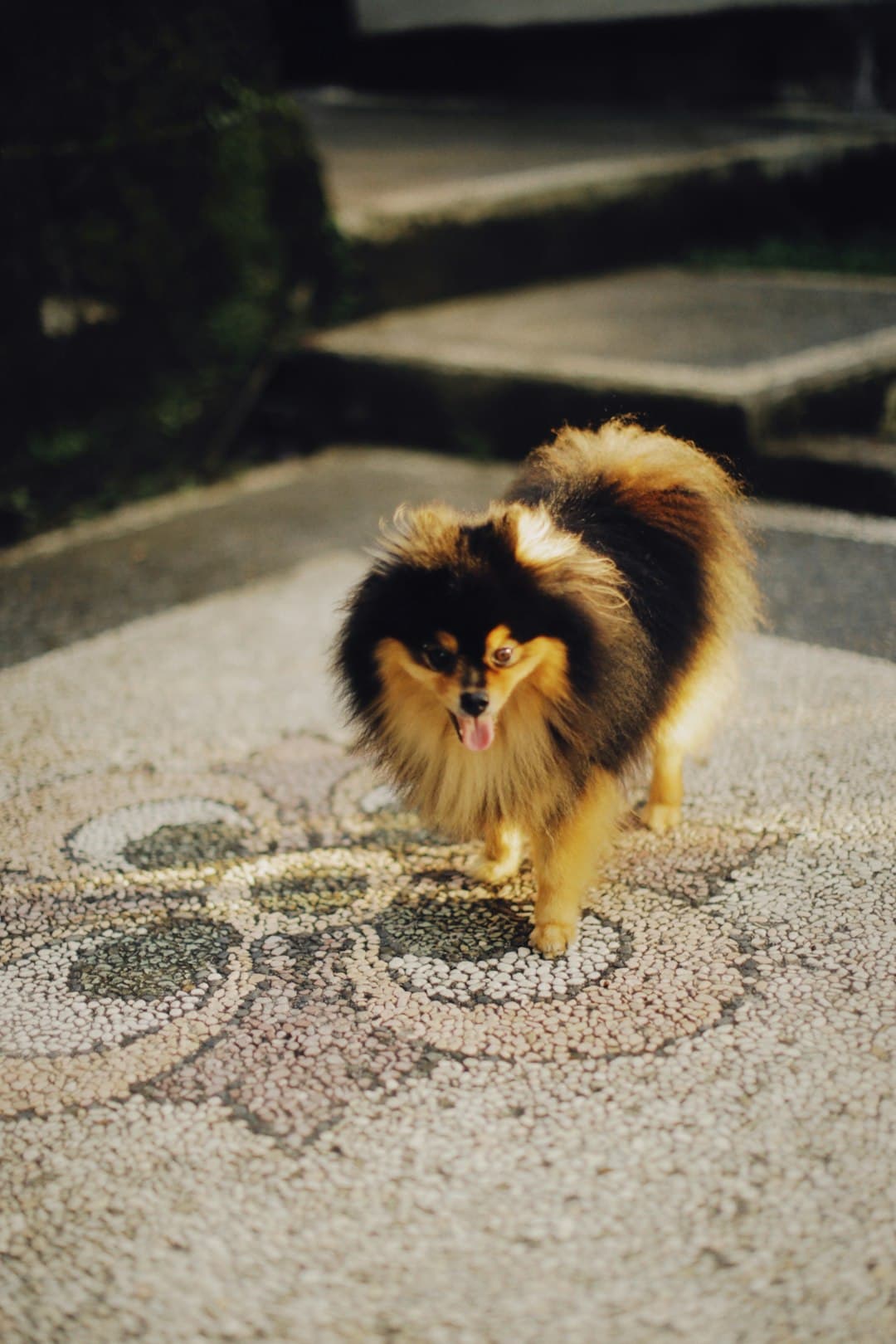
Shiba Inu
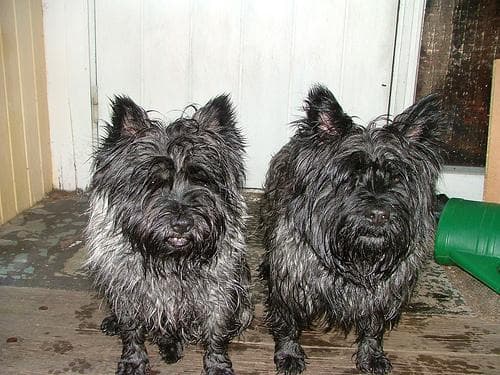
Boston Terrier

Dachshund
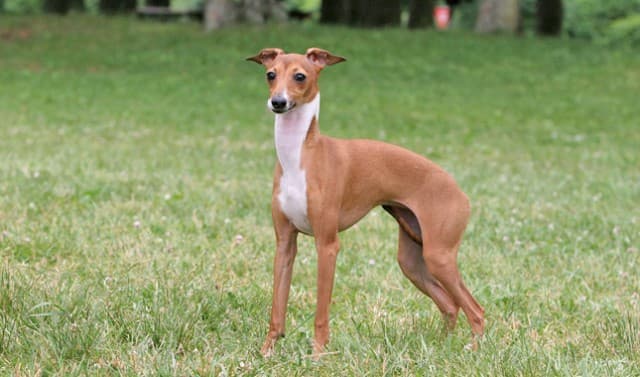
Italian Greyhound

Poodle

Pekingese
Complete Guide to Best Small Dog Breeds
French Bulldog: The Charming Companion
French Bulldogs (Frenchies) are one of the most popular small breeds for good reason. With their bat-like ears, wrinkled faces, and compact build, they're instantly recognizable and incredibly charming. Frenchies are adaptable, playful, and make excellent apartment dogs. They're relatively low-energy despite their playful nature and don't require extensive exercise. Their friendly, affectionate personality makes them great companions for singles, couples, and families. However, they do require attention to their breathing due to their brachycephalic (flat-faced) structure.
Cavalier King Charles Spaniel: The Gentle Aristocrat
Cavalier King Charles Spaniels are known for their gentle, affectionate nature and beautiful, flowing coats. These small dogs are incredibly adaptable and fit into various lifestyles, from active families to quiet seniors. They're excellent with children, get along well with other pets, and are easy to train. Cavaliers love to cuddle and are true lap dogs, but they also enjoy moderate exercise. Their friendly disposition and elegant appearance make them one of the most beloved small breeds.
Shih Tzu: The Playful Lion Dog
Shih Tzus are small, sturdy dogs with luxurious long coats and charming personalities. Originally bred as companion dogs for Chinese royalty, they carry themselves with dignity yet maintain a playful, outgoing nature. Shih Tzus are excellent family pets, getting along well with children and other dogs. They're alert but not yappy, making them good apartment companions. While their long coat requires regular grooming, many owners opt for a shorter "puppy cut" for easier maintenance.
Pomeranian: The Tiny Spitz
Pomeranians are tiny bundles of energy and personality. Despite their small size (typically 3-7 pounds), they have big dog attitudes and are alert, curious, and bold. Poms are intelligent and trainable, though they can be a bit stubborn at times. Their fluffy double coat comes in many colors and requires regular brushing. Poms are excellent companions for active individuals and families who can handle their spunk and energy. They're great for apartments but need daily mental and physical stimulation.
Havanese: The Happy Cuban Companion
Havanese dogs are known for their cheerful, playful personalities and beautiful silky coats. These small dogs are incredibly social, love being with their families, and adapt well to different living situations. They're intelligent, eager to please, and relatively easy to train. Havanese are hypoallergenic, making them a good choice for people with allergies. They're excellent family dogs, getting along wonderfully with children and other pets. Their happy-go-lucky nature and adaptability make them perfect for first-time dog owners.
What Makes These Breeds the Best?
The best small dog breeds share several key characteristics: excellent temperaments that make them suitable for various households, manageable exercise needs that fit busy lifestyles, adaptability to different living situations, and overall good health for their size. These breeds have stood the test of time, remaining popular for generations because they combine the perfect balance of companionship, manageability, and personality.
Caring for Small Dogs
Exercise & Activity
While small dogs need less space than large breeds, they still require daily exercise and mental stimulation. Most small breeds need at least 30-60 minutes of activity per day, which can include walks, playtime, and training sessions. Regular exercise helps prevent obesity, which is a common problem in small dogs, and keeps them mentally stimulated.
Health Considerations
Small dogs can be prone to specific health issues including dental problems (due to crowded teeth), patellar luxation (knee problems), hypoglycemia (low blood sugar, especially in very small breeds), and tracheal collapse. Regular veterinary check-ups, proper diet, and preventive care are essential. Choose a reputable breeder who health tests their dogs.
Training & Socialization
Small dogs are just as intelligent as larger breeds and benefit from consistent training and early socialization. Don't let their small size fool you - they need the same training as larger dogs to prevent "small dog syndrome" (excessive barking, aggression, or fear-based behaviors). Positive reinforcement training works best, and early socialization helps ensure they're well-behaved around people and other dogs.
Grooming & Maintenance
Grooming needs vary significantly among small breeds. Long-haired breeds like Shih Tzus, Maltese, and Havanese require daily brushing, while short-haired breeds like French Bulldogs and Boston Terriers have lower maintenance needs. Regular nail trimming, ear cleaning, and dental care are important for all small dogs. Professional grooming every 4-6 weeks is recommended for many small breeds.
Choosing the Right Small Dog
When choosing the best small dog breed for you, consider your lifestyle, living situation, activity level, and experience with dogs. Active individuals may prefer breeds like Boston Terriers or Miniature Schnauzers, while those seeking a calm companion might choose Cavalier King Charles Spaniels or Shih Tzus. Consider grooming requirements, exercise needs, and temperament to find the perfect match for your lifestyle.
All Featured Small Dog Breeds
Explore our complete collection of the best small dog breeds, each with unique characteristics and personalities perfect for different lifestyles.

Miniature Pinscher
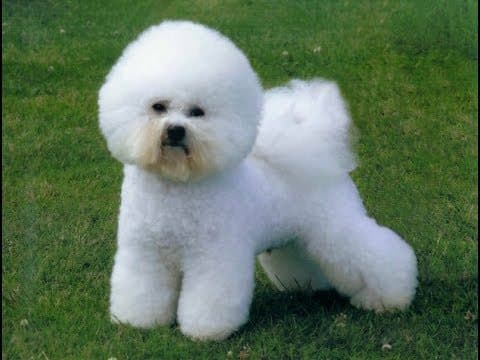
Bichon Frise

Miniature Schnauzer

Havanese
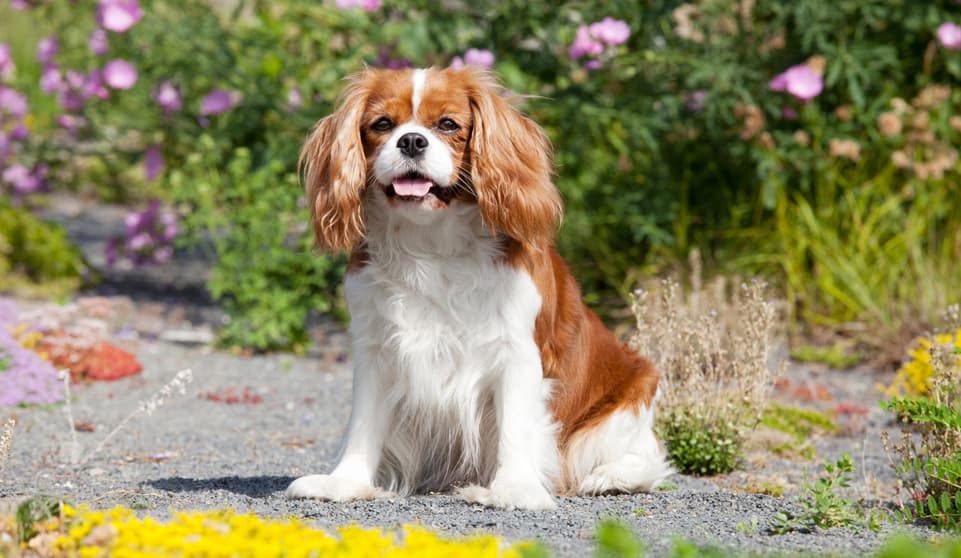
King Charles Spaniel

Lowchen

Tibetan Spaniel

Toy Fox Terrier

Bolognese
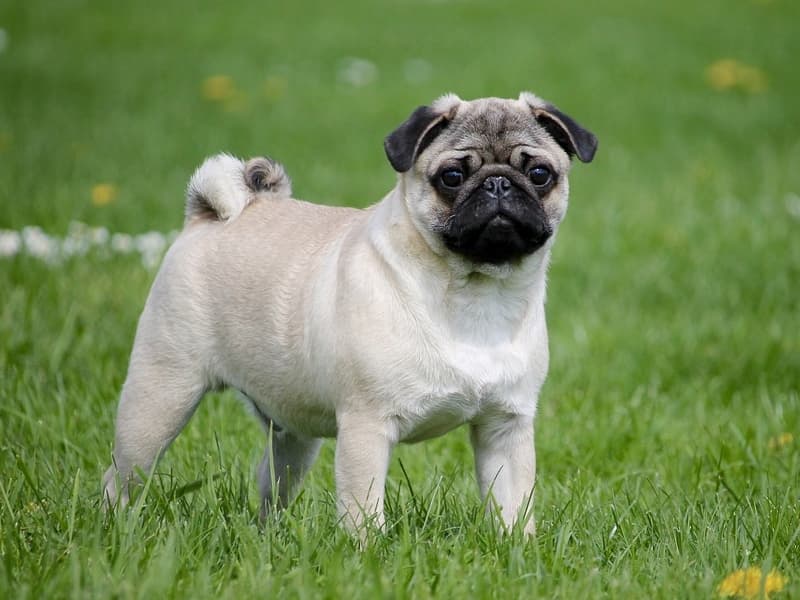
Pug
